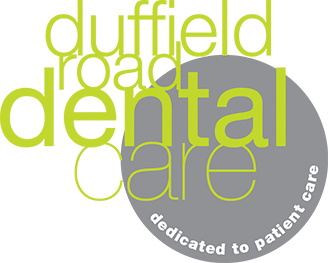What I Can & Can’t Eat With Dentures
New to dentures? Perhaps you’ve had some problems in the past? Or are you looking for the most up-to-date advice on this common piece of dental apparatus? Well, we’re here to help. Today, our team of dentists in Derby talk through everything dentures, from your diet, to the drawbacks. We’re trusted for our honesty as much as we’re loved for our level of care, so you’ll find all the details you need in our blog and feel ready to take your next step.
So, what’s the deal with dentures and diet?
Many people ask ‘’what can you eat with dentures’’ or ‘’what can’t I eat with dentures’’ because they acknowledge that sometimes, we need to make a small change to get the biggest result. With dentures, soft foods are almost always safe – think jelly, yoghurts, sauces, juices, and certain fruits and vegetables – while hard and sticky foods might need to be avoided. That means you could end up cutting out things like crusty bread, popcorn (kernels), tough meats and certain sweets.
What about cleaning my dentures?
Another common question, and we’re glad you asked! Oral health is so important – and sometimes, tooth loss is caused by neglecting the daily dental routine. Soaking in denture cleaner is a wise step, and you could also use a soft cloth or soft-bristled toothbrush to gently dislodge any food that may have been caught. Rinse only in warm water, never hot – this could damage the apparatus.
Do I still need to clean my teeth?
Yes, if you have any remaining teeth – and it’s also a good idea to gently clean the gums and other parts of the mouth (such as the tongue and palate) if you can. Your dentist can show you some simple tips and tricks for doing this safely and easily.
What are the drawbacks to dentures?
It’s possible that your dentures could slip in your mouth, even with dental adhesive. And, of course, breakages are a potential issue. However, you can avoid this by sticking to soft foods and storing them properly when removed.
What other options are there?
There are also implant-supported dentures, which ‘fasten’ into the mouth through implanted posts or a popper-type mechanism. However, this can be a pricier option.
What’s my next step?
We’d like to invite you to our Derby dental practice for a consultation or check-up. Just get in touch with this link, and we’ll see you very soon.
